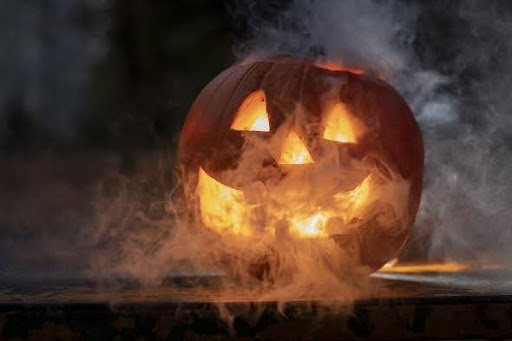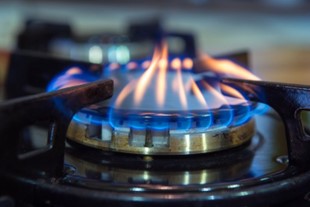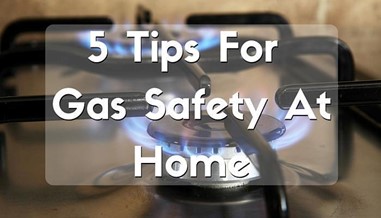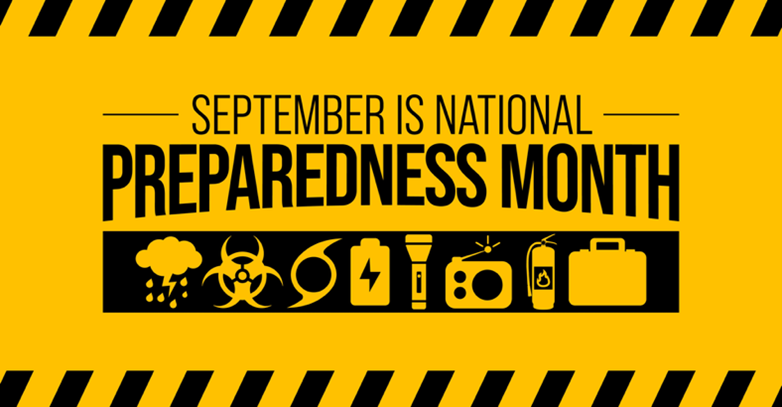Safety First!
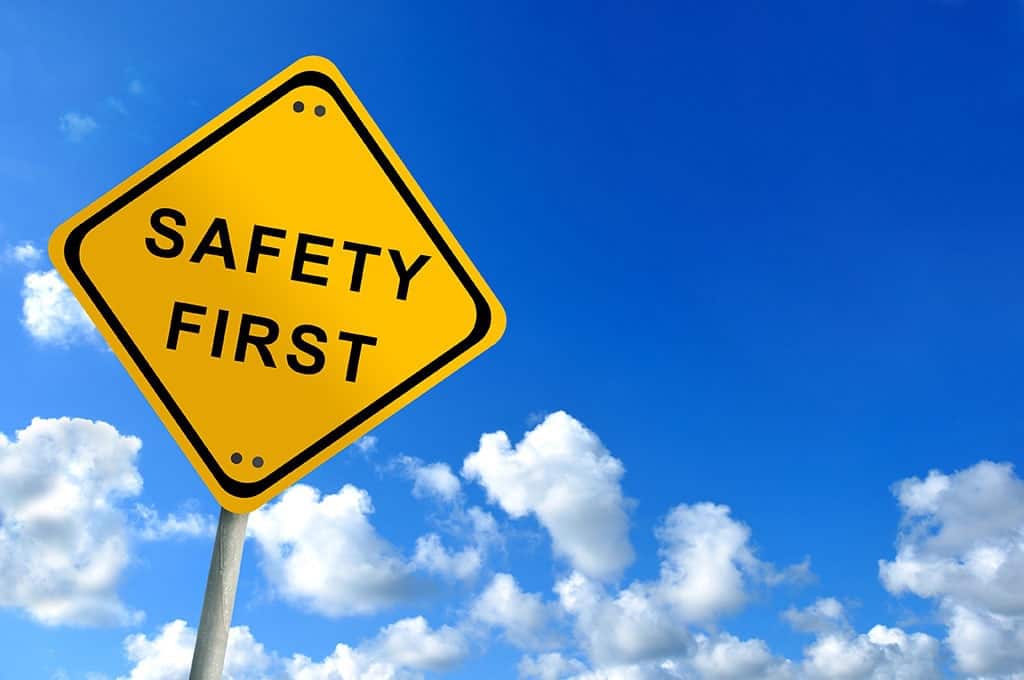
Detecting Gas Leaks: Learn the skill to identify the scent of natural gas, which is commonly characterized as a sulfurous or “rotten egg” stench. Leave the area immediately and call 911 or your Natural Gas provider if you have a natural gas leak.
No Open Flames: Matches, lighters, and candles are examples of open flames that should be kept away from gas appliances and potential gas leak locations.
Proper Ventilation: Heaters, stoves, and ovens that run on gas should all have enough ventilation. A build-up of carbon monoxide and other dangerous gases can result from blocked or insufficient ventilation.
Keep Vents Clear: Verify that nothing could hinder the normal flow of gas or ventilation through any of the vents on gas appliances, such as debris or obstructions.
Install Carbon Monoxide Detectors: One of the potentially harmful byproducts of incomplete combustion, which can happen with gas appliances, is carbon monoxide (CO). To give early notice, install CO detectors around your house, especially close to sleeping quarters.
Properly Maintain Appliances: Make sure you regularly service and inspect gas-powered appliances. To make sure they are operating safely, heed the manufacturer’s instructions and have them serviced by trained specialists.
Outdoor Safety: Make sure all of the connections are tight and the space is properly ventilated if you have an outdoor natural gas barbecue or any other gas-powered equipment.
Professional Inspections: To arrange for a comprehensive inspection by a certified specialist if you have any doubts about the safety of your gas appliances or suspect a problem, get in touch with your local heating and air company or appliance technician.



